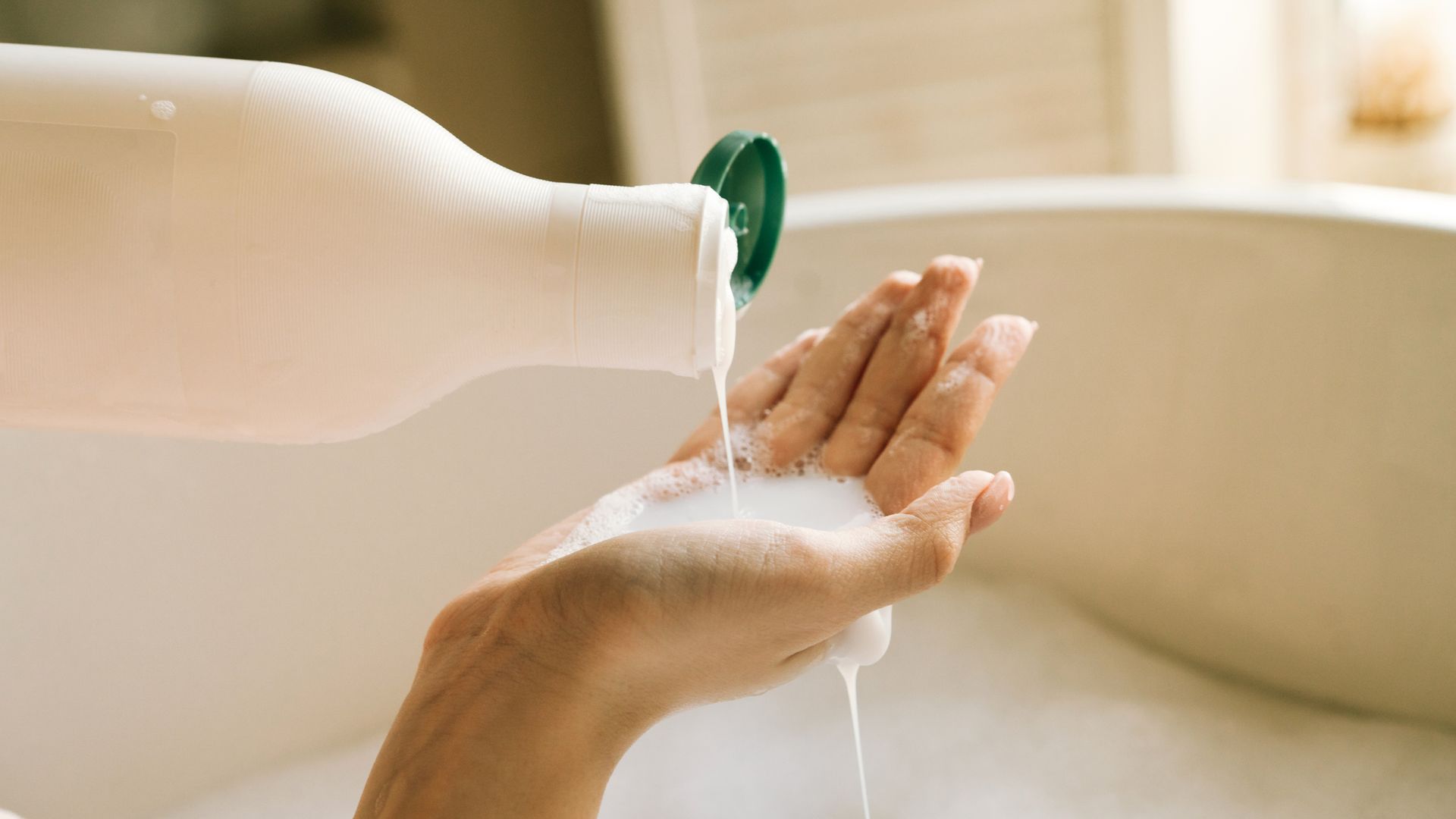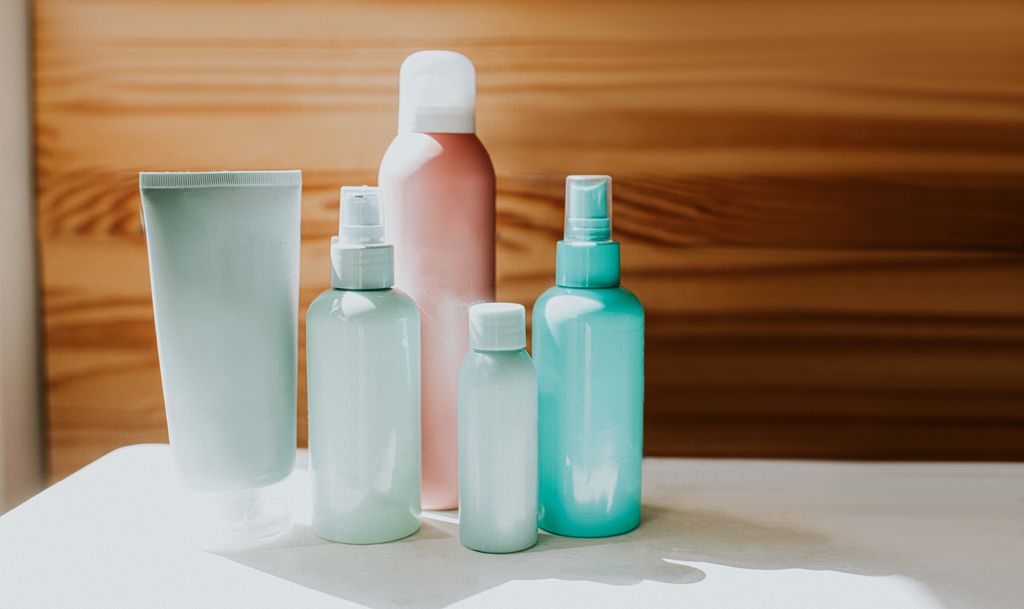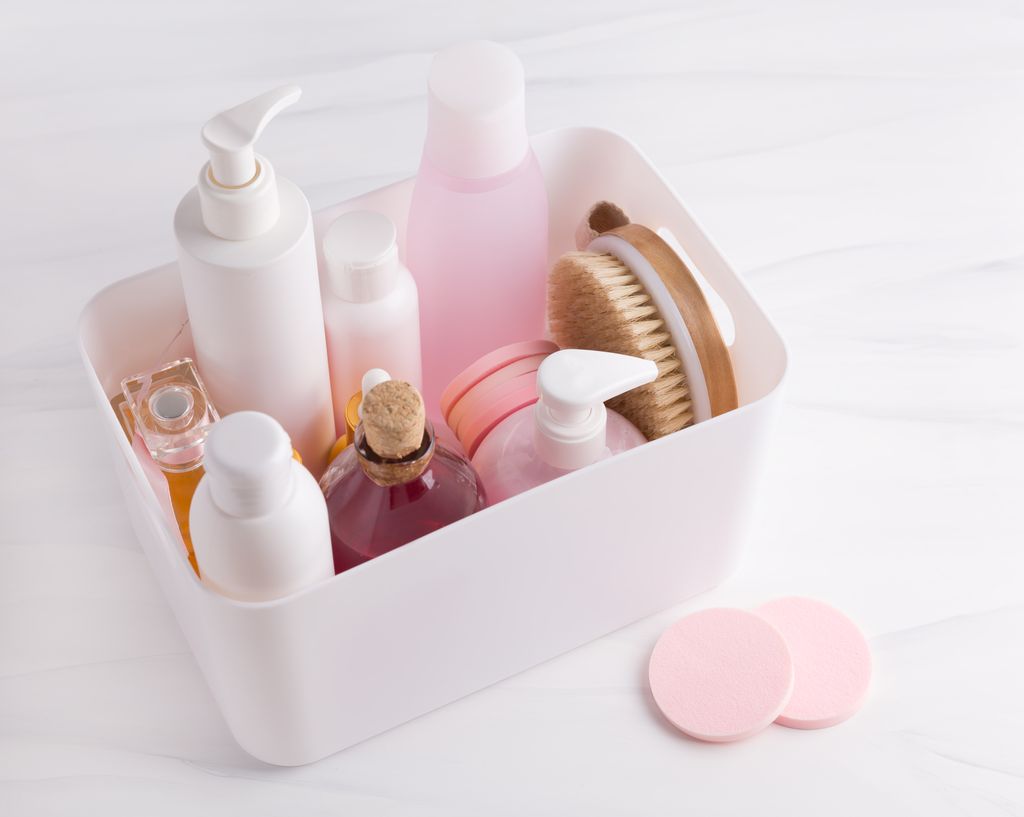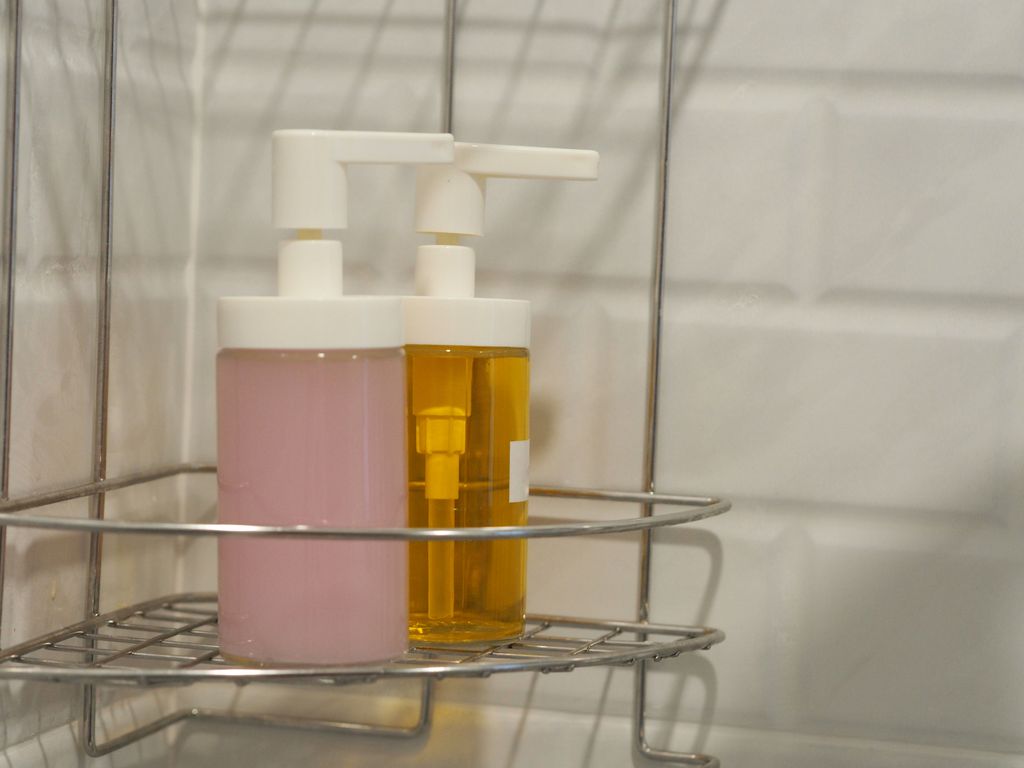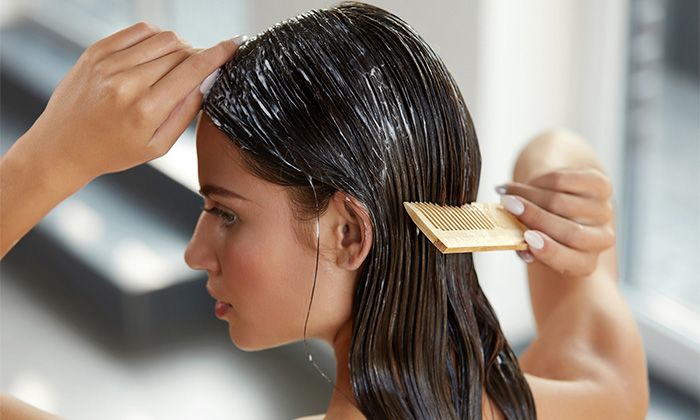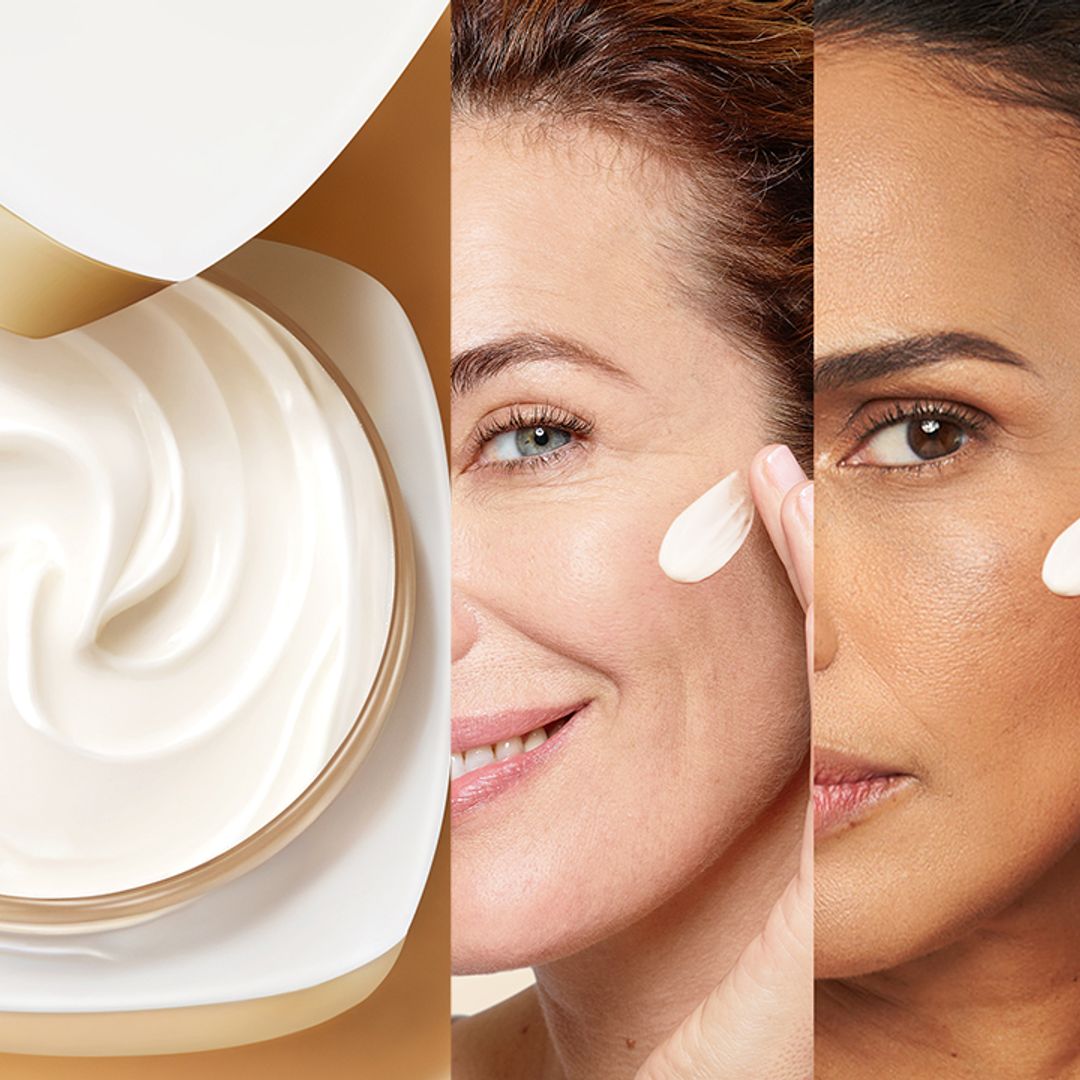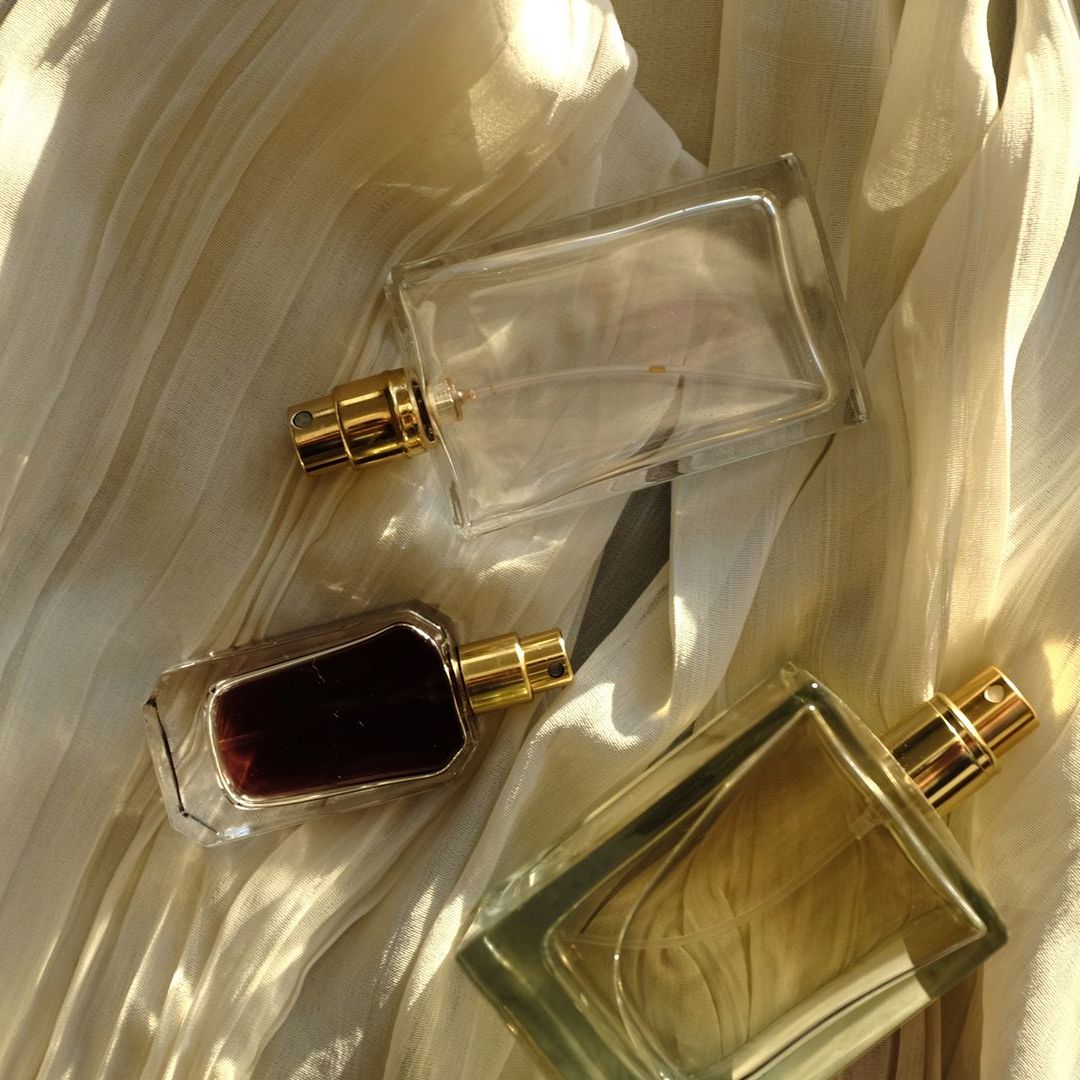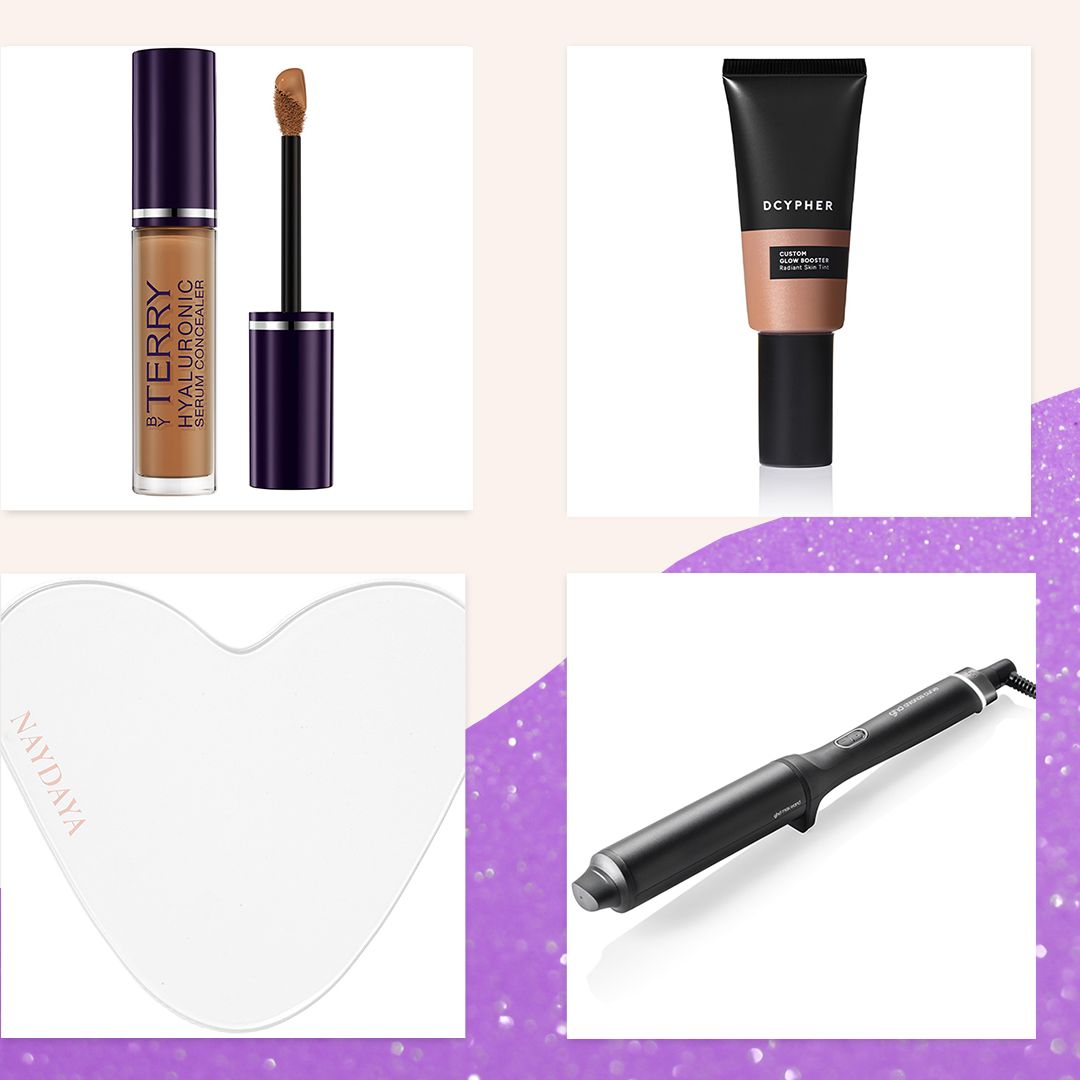Browse the shelves of Boots or the pages of Cult Beauty and you'll see a huge disparity of prices when it comes to hair care, from £2.99 budget buys to high-end hair products costing well over £50 – and that's before you hit the salon and your stylist recommends a pricey haircare routine that makes your eyes water it's so expensive.
And the worst part? The majority promise the same end result: bouncy, healthy hair… So how are you to know whether it's worth splashing out on salon haircare, or indeed, which brand to buy?
With a cost-of-living crisis well underway, is it really necessary to spend big bucks on luxury shampoo, conditioner and hair masks, or will supermarket shampoo brands do the job?
We asked the experts for their opinions on how much we should be spending on our haircare routine.
Does haircare need to be expensive?
"It's absolutely not always necessary to spend money to keep your hair looking great," says international hairdresser Adam Reed, founder of Arkive Headcare, which is priced between £3 and £14.
Adam explains that there are a few reasons we see such disparity across the board when it comes to the price of haircare. "Brands being able to mass produce products is a great example of how they keep costs down," he explains – Herbal Essences or Garnier, for example, can make so many products that this is reflected in the price.
Fancy packaging may also mean your haircare is more expensive, but what’s inside the bottle isn't necessarily better, Adam advises.
What is important when it comes to working out how effective your haircare is going to be are the ingredients. Ingredients are key to working out the value of your haircare products, explains Michael Shaun Corby, global creative director at Living Proof.
"Many cheaper brands can be packed with harsh detergents that create that instant clean feeling or cosmetic slip, but eventually will leave your hair feeling dry, brittle and scratchy, which can lead to damage," he cautions.
DISCOVER: I'm a beauty editor - and this is the skincare I use last thing at night
That said, we are seeing a change in the hair industry. "As the haircare industry has grown, the availability of higher quality ingredients is changing, making it easier to produce beautiful products at a lower, more affordable, price point," Adam says.
With that in mind, why are we still seeing shampoo that costs more than an evening out?
"Many products unfortunately shouldn’t cost anywhere near £50, but they do because they have great marketing or a luxury story," says Michael Shaun Corby.
That's not to say your expensive haircare habit is a waste of money – especially not if you've fallen in love with how it makes your hair feel. "Some haircare products use higher quality ingredients and or have technologies that take years to develop and therefore need to charge more to make a fair margin to support the brand," Michael Shaun explains.
He goes on to explain that in most cases if something costs under £10, you can rest assured they are not using the highest quality ingredients, but rather ingredients that are widely available at a cheap price.
This brings it back to ingredients. "It's all about finding ingredients that work for you," says Adam, a point that Michael Shaun echoes: "Figure out what has worked for you in the past. That might be better for you to continue with instead of searching for the next big thing."
Golden haircare rules, according to hair experts
Avoid silicones in haircare (where possible)
You've likely heard many brands, even budget ones in recent years, saying that their haircare is silicone-free. This historically hiked up the price, but if your hair is looking and feeling damaged, silicone-free haircare will help.
"Silicones are not so much harmful, but rather they attract dirt and oil, causing build up on your hair leaving it feeling less clean, which causes a situation where you have to shampoo and restyle more frequently," explains Michael Shaun.
"This frequent washing with silicone-containing shampoos will not only continue to cause build-up but also lead to hair damage. The more you wash, dry, and style your hair, the more friction and heat it encounters, and the more prone to breakage, dullness, and dryness it becomes (even if it doesn’t look it). So ensues a hair-harming cycle."
That said, Adam does point out that some products containing silicones are now water-based, meaning they don’t leave the same build up on the hair, so look into this before ignoring all haircare with silicone in – or limit your usage of silicone haircare, switching between products with silicone and those without – this will help your luxury haircare last longer too!
Avoid sulphates
Another ingredient to be wary of, which is often found in cheaper haircare, is sulphates. They're responsible for the lather you get when you wash your hair.
"Sulphates act as a harsh detergent, stripping the hair of nutrients," warns Michael Shaun Corby. He recommends washing your hair with something that has a gentler cleanser, that doesn't include sulphates, if you find that your hair is dry or damaged.
Use products as directed
Lather, rinse, repeat sounds simple enough, but things get blurry when it comes to conditioner. I've been known to leave conditioner on way longer than recommended, and it can do more harm than good.
"Hair products are formulated with various end goals in mind," says Michael Shaun. "Take masks and conditioners; masks penetrate the internal structure of the hair for deeper treatment benefits and conditioners can be used more frequently, left on the hair for a shorter period to improve manageability.
"Many people leave both in, whether it’s overnight or for an extended period which can be detrimental. The key takeaway is to always use as directed, this way you’ll reap the benefits of what the product has been formulated for."
I'm also guilty of using masks as a replacement for conditioner if mine runs out – another no-no, according to Michael Shaun. "As a more intense treatment, hair masks are usually only to be used once or twice each week," he guides.
READ: 9 best overnight hair masks: Top rated for all hair types
Invest in hair tools
As established, you don't need to spend big money on shampoo and conditioner for healthy hair, but if you are willing to spend money on your haircare routine, your tools are where to invest.
We all know heat styling is damaging, yet most of us still use heat on our hair all the time. If you're seeing damage, despite using a heat protector, it could be worth investing in new hair tools, with the latest wave designed to care for your hair.
Take Zuvi's Halo Hair Dryer, £309. It is undeniably expensive, but rather than blasting your precious mane with heat, it uses low-temperature air, combined with infrared light to dry hair as gently as it would if air dried. Plus, it uses 60% less energy than a standard hairdryer, which will help with those soaring electric bills.
Another tool we’ve got our eye on is the Shark SpeedStyle, which dries, straightens and smoothes hair in record time, to limit heat exposure and negate the need for double heat damage from blowdrying and straightening.
The moral of the story? Hair care doesn't need to cost the earth, but do check the ingredients and usage instructions to get the most from the products you opt for.
Subscribe to HELLO!'s Beauty Collective newsletter for exclusive content straight to your inbox
